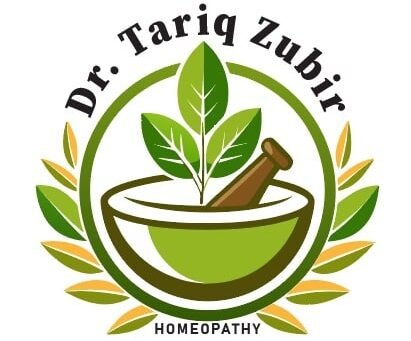Kidney disease, also known as renal disease, is a condition that affects the functioning of the kidneys. The kidneys play a vital role in filtering waste and excess fluids from the blood, regulating blood pressure, and maintaining electrolyte balance. Kidney disease can lead to serious complications, including kidney failure, cardiovascular disease, and even death. In this blog, we will explore the causes, symptoms, diagnosis, and treatment options for kidney disease.

Causes of Kidney Disease
1. Diabetes: High blood sugar levels can damage the kidneys and increase the risk of kidney disease.
2. High Blood Pressure: Uncontrolled high blood pressure can damage the kidneys and increase the risk of kidney disease.
3. Family History: A family history of kidney disease increases the risk of developing the condition.
4. Age: Older adults are at higher risk of developing kidney disease.
5. Obesity: Excess weight can increase the risk of developing kidney disease.
Symptoms of Kidney Disease
1. Fatigue: Feeling tired or weak
2. Swelling: Swelling in the legs, ankles, or feet
3. Changes in Urination: Changes in urination patterns, such as frequency or color
4. Blood in Urine: Blood in the urine
5. Protein in Urine: Protein in the urine
Diagnosis of Kidney Disease
1. Blood Tests: Blood tests can detect waste products in the blood, such as creatinine and urea.
2. Urine Tests: Urine tests can detect protein or blood in the urine.
3. Imaging Tests: Imaging tests, such as ultrasound or CT scans, can detect kidney damage.
Treatment Options for Kidney Disease
1. Medications: Medications can help manage symptoms and slow disease progression.
2. Lifestyle Changes: Lifestyle changes, such as diet and exercise, can help manage symptoms and slow disease progression.
3. Dialysis: Dialysis is a treatment option for advanced kidney disease.
4. Kidney Transplant: Kidney transplant is a surgical procedure that replaces a diseased kidney with a healthy one.
Prevention
1. Manage Blood Sugar: Manage blood sugar levels to reduce the risk of kidney disease.
2. Control Blood Pressure: Control blood pressure to reduce the risk of kidney disease.
3. Stay Hydrated: Stay hydrated to help kidneys function properly.
4. Maintain a Healthy Diet: Maintain a healthy diet to reduce the risk of kidney disease.
Conclusion
Kidney disease is a serious condition that requires prompt medical attention. By understanding the causes, symptoms, diagnosis, and treatment options, individuals can take steps to manage the condition and reduce the risk of complications. If you are at risk of kidney disease or experiencing symptoms, consult with your healthcare provider to discuss your options.
